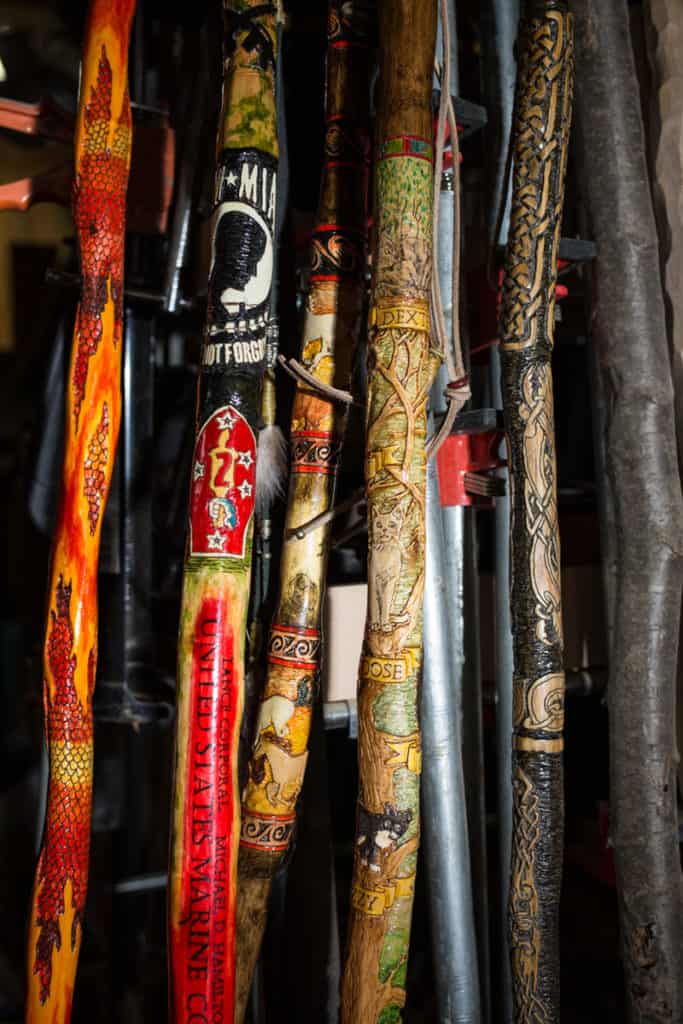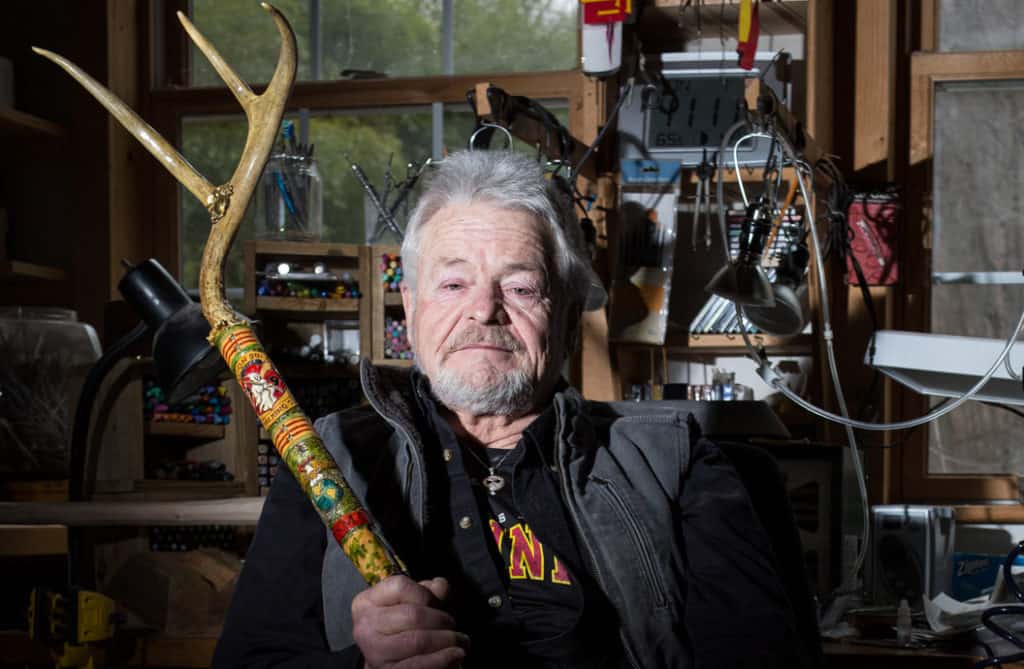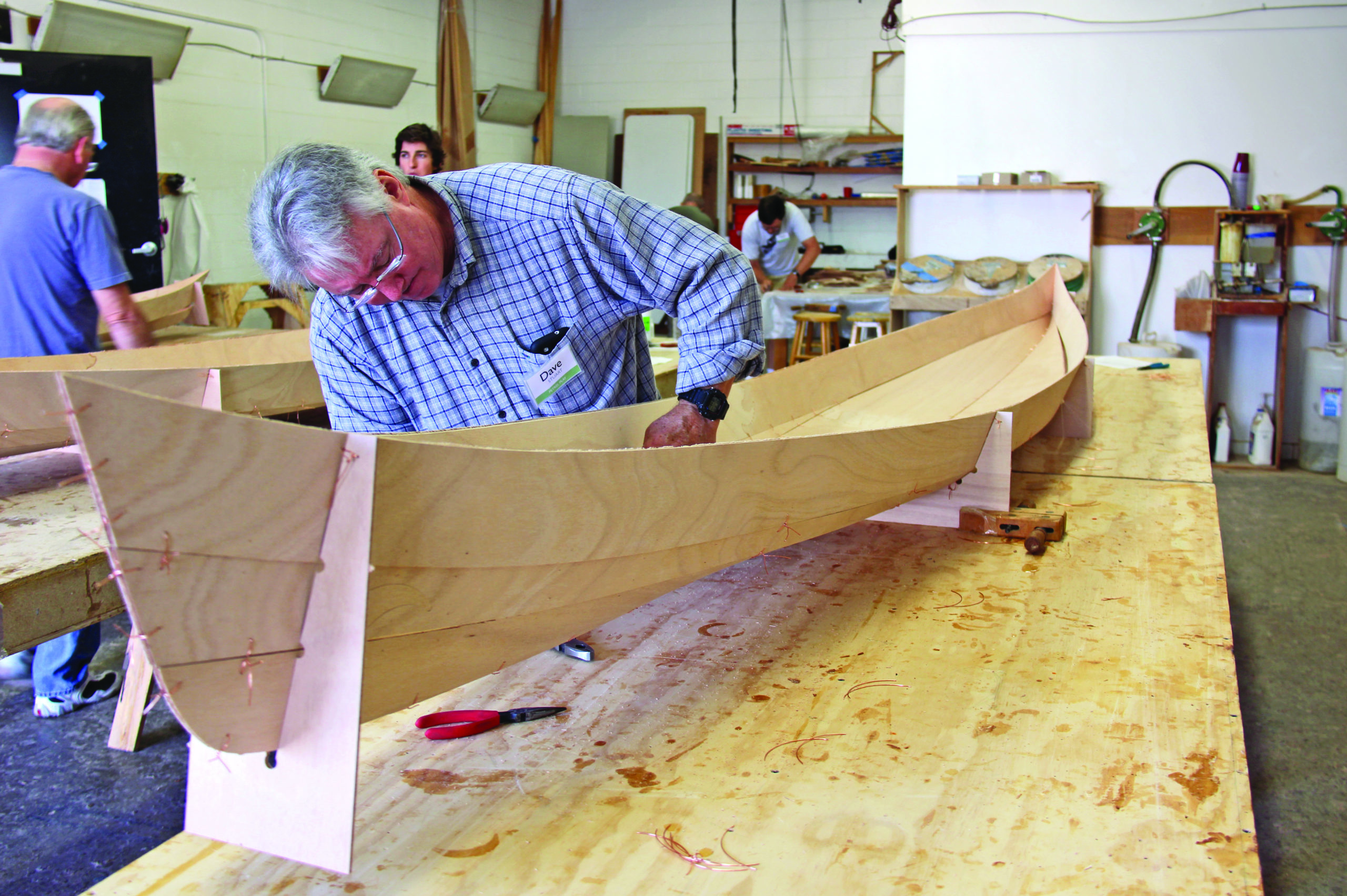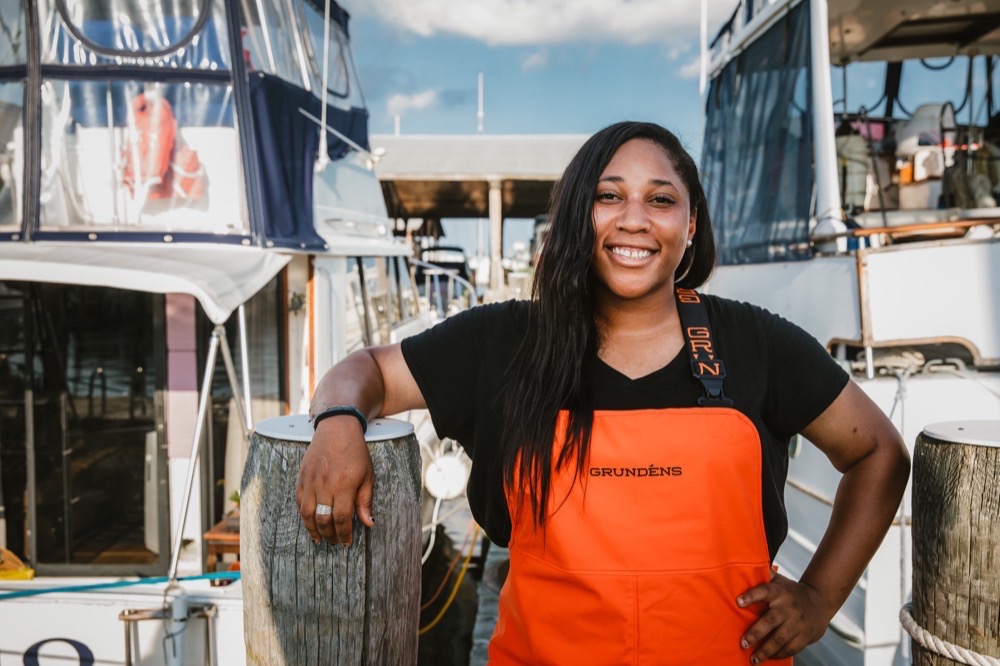Michael Hamilton’s artistic walking sticks provide solace and a natural connection.
Michael Hamilton joined the Marine Corps in high school with a 120-day delay. It was the summer of 1969. “That was Woodstock… summer of love… and I started changing my mind about this war thing,” says Hamilton.
“But it was too late, I already signed up, so I had to go. And so, I made up my mind to go, and I wouldn’t change a thing. It happened, and it makes you who you are now.” Hamilton says that seeing how people in a third-world country live makes you really appreciate this country when you get back from a deployment.
It was a famous unit, the 3rd division, 1st Battalion, 9th Marines, The Walking Dead. Deployed to Vietnam in 1970, Hamilton went to Camp Pendleton for staging. From there he was flown to Okinawa, stopping in Anchorage to refuel. It was at a base on the Japanese Island that they separated the soldiers into the 1st or 3rd Marine division. Hamilton was placed with the 3rd Division.

The first time they went to Vietnam, they were off the coast giving the marines live ammunition and strapping them up with grenades. The chaplain passed out miniature bibles on the flight deck of the ship. The helicopters were loud and they were using cigarette butts as ear plugs. “The sphincter factor is pretty good,” Says Hamilton, “It’s scary, especially the first time. And then we did it again…we went to Cambodia. And I didn’t know that until we were back out. It was funny. And then, you know you sign these papers that you wouldn’t say anything—where we were, what you did. It’s not even in my record. It’s like, not there. And I always wondered why. Well that’s why, ‘cause we went into Cambodia and we weren’t supposed to be there at that time.”
Like many veterans, Hamilton suffers from trauma from his time in the Marines. He lives with the effects of a presumed exposure to Agent Orange and neuropathy in his legs. But the VA won’t recognize his injuries, despite the discovery that he was drinking and showering in water poisoned by cleaning chemicals at Camp LeJeune, North Carolina . He believes that you have to be diagnosed with a death sentence to receive any compensation. And he gave up on seeking any compensation assistance from the Veterans Administration.
Fast forward 40 years and he’s living along the Gunpowder River in Monkton, Maryland in Gunpowder Falls State Park where he erected a home right along the river. The property boasts fantastic hiking trails and opportunities for nature watching and fishing. “I love seeing the eagles fly by. I love the geese too—we have a resident population here,” The Gunpowder River is an important tributary to the Chesapeake Bay, providing habitat for baitfish populations, which is essential to the estuary and it supports an excellent shad run in the spring.
In the Hereford Zone in Baltimore County, the river is a thriving tailwater with good trout fishing opportunities. “I just love the river,” he says, “I love the sound of the water running. I love everything about it.” Hamilton, his wife Mollie, their three shepherds and a blind pet squirrel, have deep connections to nature. He spends countless hours grooming his property and restoring habitat. “I prefer things to look as natural as they can be. My wife thinks I’m nuts, because I work so hard.” Hamilton and his wife have immersed themselves in the park. “I would stay in the woods all day long, and sometimes I do.”
Crafting his walking sticks is much needed therapy, and the process strengthens his connection to nature and the park. “Well, I walk all the time along the river in the woods back here. I used to just pick up a stick, and then I started looking for beaver sticks. I started with a knife, trying some different designs, and it just evolved. And I just try new things and I keep getting better at it. I like doing it because it uses wood and antler sheds from here. It’s sustainable.” He dedicates hours of each day to grooming his piece of the park. Afterwards, he spends time searching for and making good use of its renewable resources.
The custom walking sticks commissioned for other veterans connects Hamilton with the military community, their families, and their stories. Hamilton loves working on commissions, and he spends days researching the veterans, their units, and their stories before crafting the walking sticks. His work is extremely symbolic and provides healing to the people he works with to make them. “I look up their units. I incorporate their logos or patches. Learn about what they did and make it very personal for them. Yah know, it makes it all worthwhile. I got to know these people before I ever met them. Some people I never met personally. But I know so much about them by the time I’m finished that it feels like I know them.”
You can support the military community by commissioning a walking stick from Hamilton for your loved one. Just email him—michaelhamilton05@comcast.net
Aside from the military community, Hamilton’s clients include friends, family, and folks who just want a real nice walking stick. “It’s a great feeling. I did one for our IT guy who comes here. His son was killed in Afghanistan. He was in the Air Force. He was a bomb explosive engineer and he was very proud of that. Yeah, he was sadly killed doing the job he loved, and so I was really worried about doing this thing, doing this stick for him. It was his son, who died, so I was scared I was going to screw it up or something. So, I did as much research as I could, and I really put my heart and soul into it. And when I gave it to his wife… she was in tears. That’s what makes it so personal, and that’s the reward I get.”



